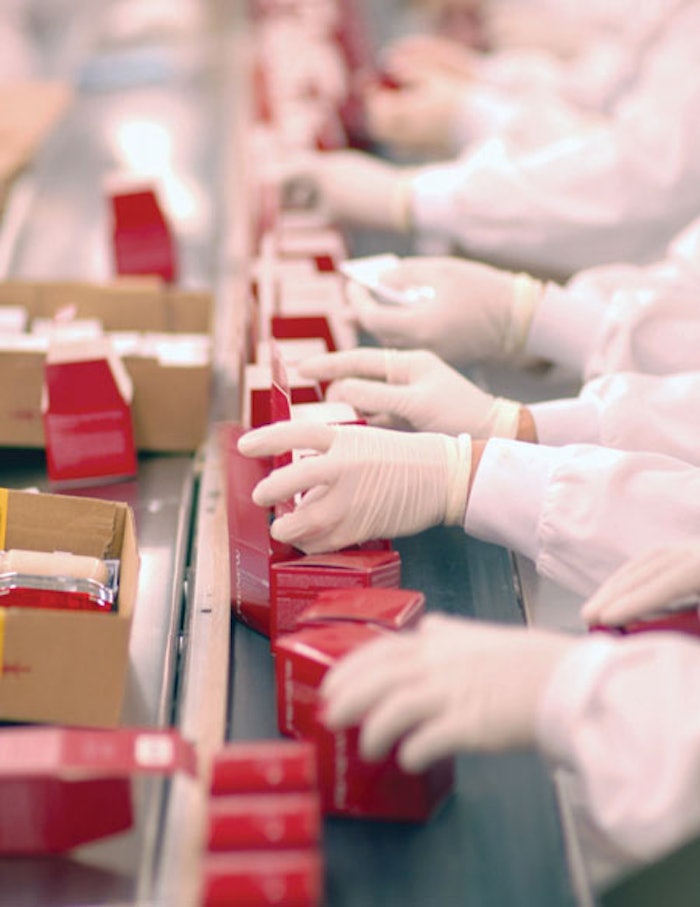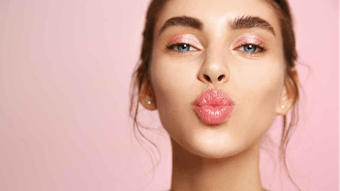
After 50 years of manufacturing from a single plant in São Paulo, Avon Brasil is carrying out studies to investigate the need and potential for a second industrial complex in the country. The plan also takes into consideration the expansion of outsourcing contracts for certain lines currently manufactured by outside vendors.
“Although we’re still investing in increasing our production capacity and improving the present plant’s equipment, we’ve started to assess the opening of a new plant to support our growth”, said Luis Felipe Miranda, president, Avon Brasil.
The company is already preparing for the inauguration of a new distribution center, also located in São Paulo. At an investment of $150 million, the new distribution center will occupy an area of 70,000-square meters, and is expected to supply around 70% of the volume of orders once it opens in the second half of 2010.
The capital investments are directly related to the good performance of the Brazilian subsidiary in Avon’s global ranking. In the third quarter of 2009, Brazil surpassed the U.S. in sales for the first time, growing 22% over the same period of 2008 (the U.S. decreased 8%). In the fourth quarter, Brazil remained a sales leader, thanks to a 12% growth. However, cumulative figures from 2009 show Americans still purchased more than Brazilians—$1.864 billion compared to $1.817 billion.
The direct sales channel in Brazil increased 18.4%, and was valued at $12 billion in 2009.
L’Oréal Aims for 35% of the Professional Market
With a market share of 20% in sales of professional products in Brazil, L’Oréal plans to garner a 35% share, equaling its U.S. performance. “We are leaders in the segment, but the Brazilian market is huge, full of opportunities, and we want more,” said Nicholas Hieronimus, president, professional products division, L’Oréal. According to Hieronimus, professional lines sales worldwide totaled €2.4 billion in 2009, which accounted for 14% of L’Oréal’s sales.
Hieronimus said that, in 2009, Brazil was the number one contributor to the company’s growth in absolute terms. In the company’s global ranking, Brazil figures among the seven top countries and it is expected to be in the top five by 2012 or 2013.
Seeking expansion in sales, the company is launching Série Nature, containing silicone-free formulas, natural fragrances, and recycled packaging. But the division should face heavy competition: Revlon Professional has just landed in the country, from a joint venture with International Brands Brazil. Hair care brands Biotera (Shiseido) and TIGI (acquired by Unilever) have also recently started operations and will begin to be distributed by August.
Brazil; Mexico Compete for Sephora’s Entrance in Latin America
Although the news hadn’t been confirmed by LVMH by press time, rumors that the French chain Sephora is considering entering the Latin American market in 2011 stirred the press and fans of the brand in Brazil. CEO Jacques Lévy confirmed the strong performance of the brand in emerging markets. In China alone, where Sephora began operations in 2005, 73 stores have been opened and another 20 are expected by the end of 2010.
Lévy admits that market studies have been conducted for some time, but didn’t confirm whether the gateway will be Brazil or Mexico. If the decision is favorable to the Brazilian market, the opening of a large-scale store will probably be accompanied by an online sales strategy.
More Than Half of Brazilians Don’t Have Regular Access to Oral Care Products
A survey conducted by Brazil’s Ministry of Health showed that 58% of the Brazilian population has no regular access to toothbrushes and pastes. Even with an improvement in the scenario (in 2003 the rate was 65%), the potential growth of the segment is still substantial in the country.
According to Gilberto Pucca, coordinator of the Smiling Brazil Program, the problem is not restricted to less developed regions—it also impacts the outskirts of large cities. Aiming to improve oral health of Brazilians, the federal government conducted a campaign that distributed 40.6 million oral care kits throughout the country.
However, to reduce the cost of these products, the first step would be to review their tax burden, which according to the Brazilian Association of the Cosmetic, Toiletry & Fragrance Industry (ABIHPEC) is 41.4% for toothbrushes, 37.8% for toothpaste, and almost 60% for mouthwash. The organization believes that lower prices could double the sales volume for the category.
Walmart Creates Sustainable Campaign
Walmart Brasil—with cooperation from Johnson & Johnson, Colgate-Palmolive and Procter & Gamble—launched a campaign to reduce the environmental impact of products on its shelves.
“We are supporting the development of more sustainable products, generating a virtuous cycle of conscious production and purchase,” said Héctor Núñez, president, Walmart Brasil. According to him, changes in the products will range from packaging (including recyclable and certified options) to reductions in energy consumption and water.
A line of diapers from Johnson & Johnson, for example, started using 30% less cellulose, without altering its absorption capacity. Raw material in packaging also decreased 7.5% and energy consumption was reduced by 9%.
As a reward for joining the program, the products gained prominent exposure on Walmart’s shelves. Kimberly-Clark and L’Oréal are expected to soon join the program.
Brazilian House of Representatives to Ban Use of Formaldehyde in Hair Straighteners
The Brazilian government wants to pass a ban on the use of formaldehyde in salons and beauty parlors for hair straightening treatments. According to Congressman Darcísio Perondi, the substance used in “keratin treatment” products, which have become a hit in both Brazil and abroad, is potentially carcinogenic and may have other negative health impacts.
The use of formaldehyde in hair straightening is prohibited by the Brazilian Health Surveillance Agency (Anvisa) and limited by responsible entities in Europe and the U.S., although some manufacturers still use it in a low percentage.
The bill also aims to prohibit access to formaldehyde sold in pharmacies to avoid it being added to industrialized products by stylists and consumers.
Fernanda Bonifacio is a Brazilian journalist who focuses on the beauty industry, and has been published in the U.S. and Europe. During 2002–2008, she represented ABIHPEC and its member companies globally.










